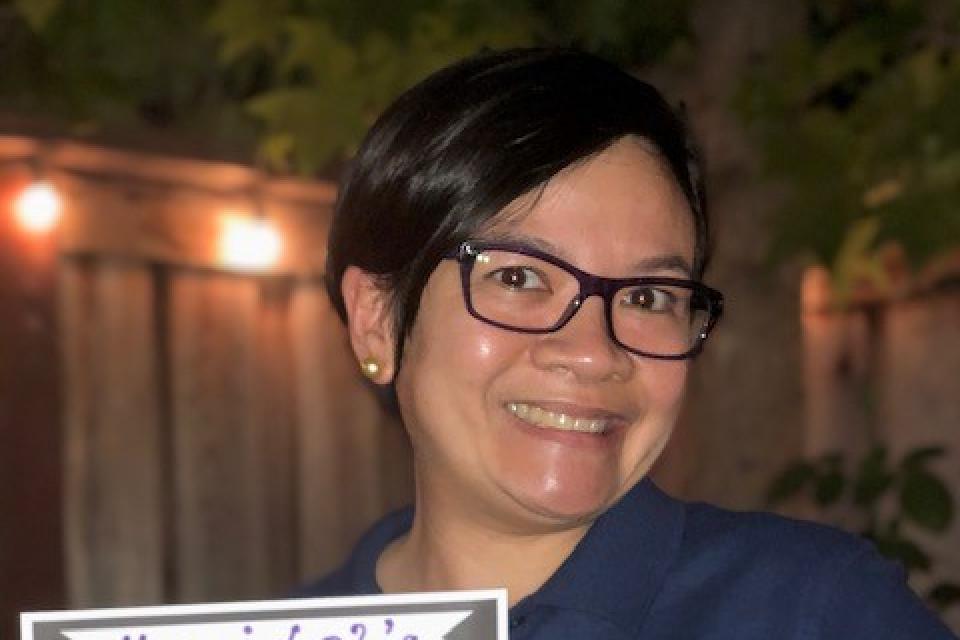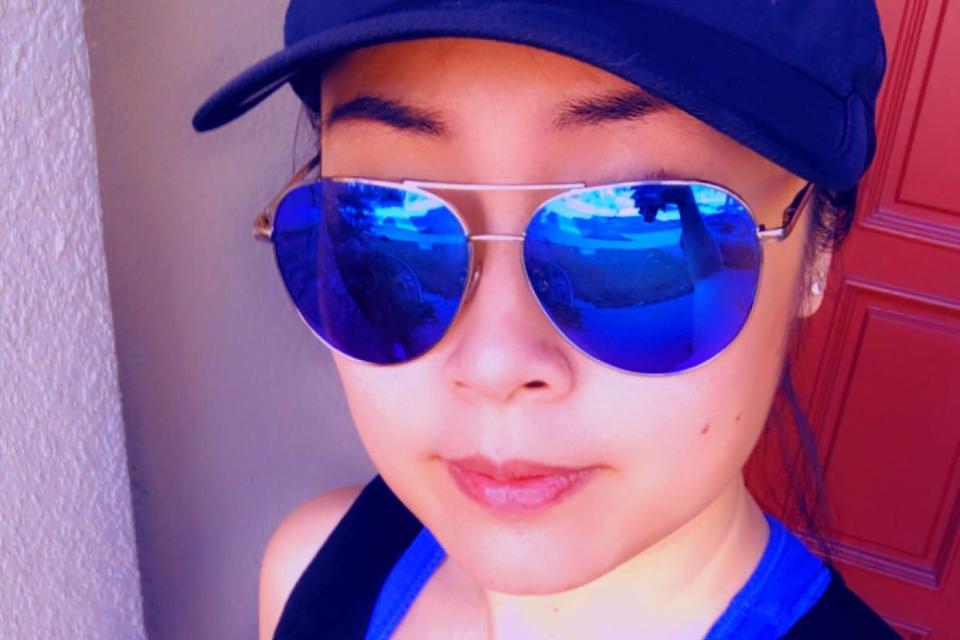Embrace Change—Luck is Where Preparation Meets Opportunity
“I was on the crispy end of the burnout spectrum, but I welcomed the unknown.”

“It is not the most intellectual of the species that survives; it is not the strongest that survives, but the species that survives is the one that is able to adapt to and to adjust best to the changing environment in which it finds itself.” —Leon C. Megginson
Megginson’s quote, which was a summary of the thesis presented in Charles Darwin’s “On the Origin of Species,” is generally attributed to Darwin. Instead, this quotation was part of a speech Megginson gave as a business professor at Louisiana State University. It represents an obvious truth.
With change comes unknowns and inherent risk. But from the world of financial investments, we know that bearing risk can bring reward.
I have found the unknown to hold great opportunity. My education and career have taken a number of turns over the years, each time I embraced the unknown. And most times, I have been better off.
Research to Residency
I am a first-generation college graduate from very humble beginnings. After college, I entered a combined M.D. and Ph.D. program. I was focused on a career in biomedical research with aspirations of running a large lab.
When the Ph.D. did not work out, I completed the requirements for the M.D. and then a five-year residency in general surgery.
Bliss to Burnout
Over my 15 year career, I practiced in small-, medium-, and large-sized hospitals. I worked at two large multi-specialty groups, a small single-specialty group, and even ran a solo practice for a year. I loved the first 12 years of my surgical career, but starting in 2013, I was becoming progressively more cynical and dissatisfied. In 2015, I walked away.
I did not know what I would do next, but surgery was not it. I did not realize it at the time, but I was experiencing physician burnout.
It’s been reported that over 50% of physicians in the U.S. experience symptoms of burnout. I was on the crispy end of the burnout spectrum.
Sacramento, Here We Come
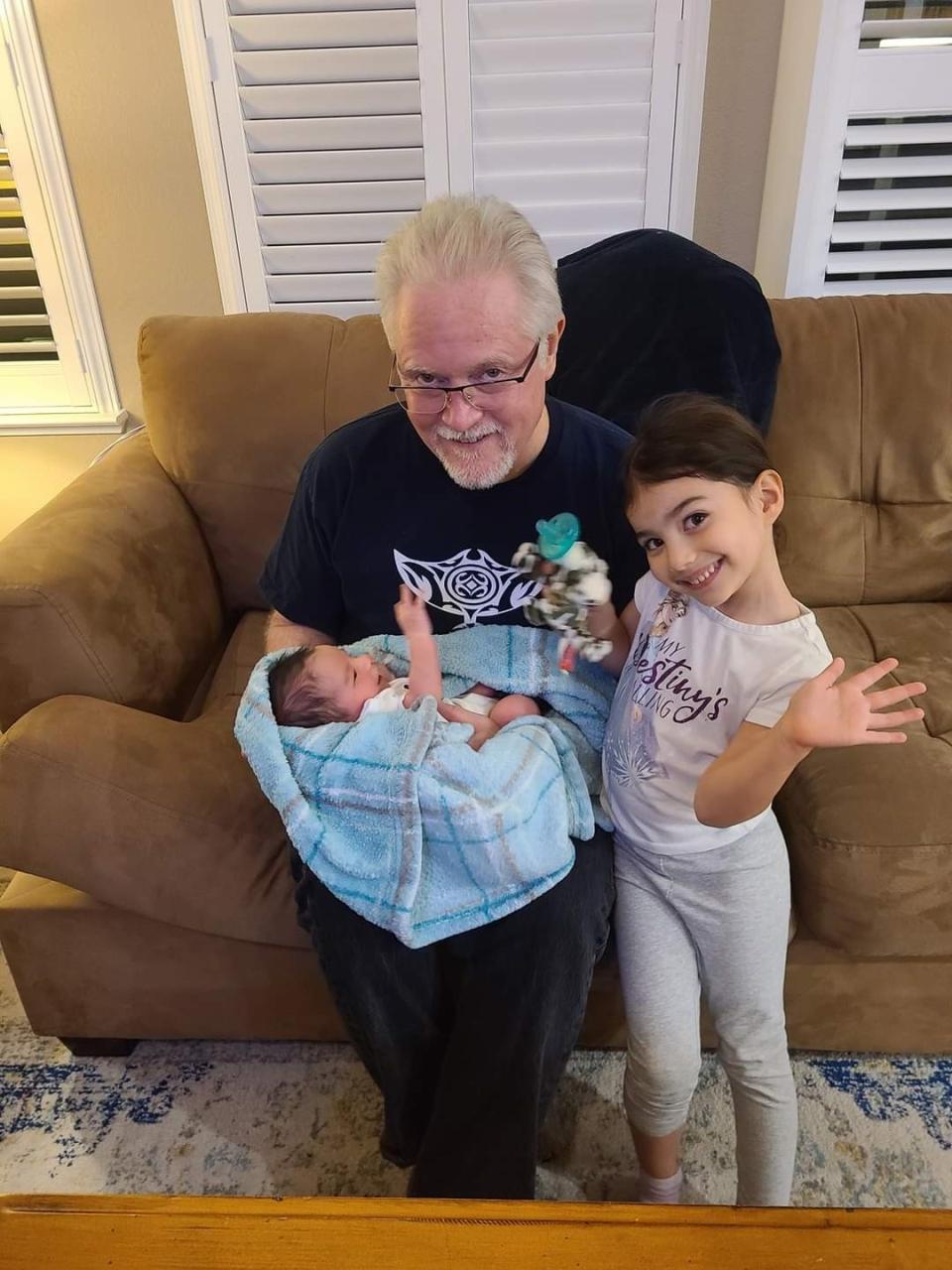
We moved from Southern California to Sacramento in 2015 to be closer to our daughter and her family, which includes our then two-year-old grandson. After moving to the capital and recovering from burnout, I entertained the thought of earning an MBA and transitioning into healthcare administration.
But I had just turned 51-years-old. Did I want to go back to school at my age?
My epiphany was that the time required to get an MBA would pass, and, depending upon my decision, I would either have an MBA or I would not.
Two-Week Race to Apply
I was ready to apply in August of 2016, but my options were limited. I learn best in the classroom, so I did not want an online program, and I did not want to leave Sacramento. I also wanted the full MBA experience. This led me to the UC Davis Graduate School of Management (GSM).
The week following Labor Day, I had an informational interview with Amy Russell in admissions. She informed me that if I wanted to enter that month, I needed to complete the application, obtain references, and get a reasonable score on the GMAT, all within two weeks—done, done, and done. The UC Davis MBA’s rolling admissions made it possible for me to complete these tasks and still gain admission as late as the week before classes started in the Sacramento Part-Time MBA program.
Luck is Where Preparation Meets Opportunity
My initial plan was to finish the program in two years, then look for a job. But again, change presented itself.
Full-time MBA students complete summer internships, so early on I reached out to a local healthcare executive recruiting firm to see if they knew of any summer hospital administration internships that existed locally.
The recruiter told me, “I don’t know of any, but can I interest you in a medical directorship?”
I was connected with a local Independent Practice Association that hired me during winter quarter of my first year at a salary almost equal to what I had been making as a surgeon.
Thankfully, I was in the part-time MBA program and I could cut back to two classes that quarter. I found the combined workload of school and my new job to be very manageable.
Fast forward to September of 2017 and I received a cold-call from a Dignity Health recruiter. She had seen my profile on LinkedIn—which, incidentally, made mention of being enrolled in the Sacramento MBA program—and thought I would be a good fit for the physician advisor opening at Mercy General Hospital in Sacramento.
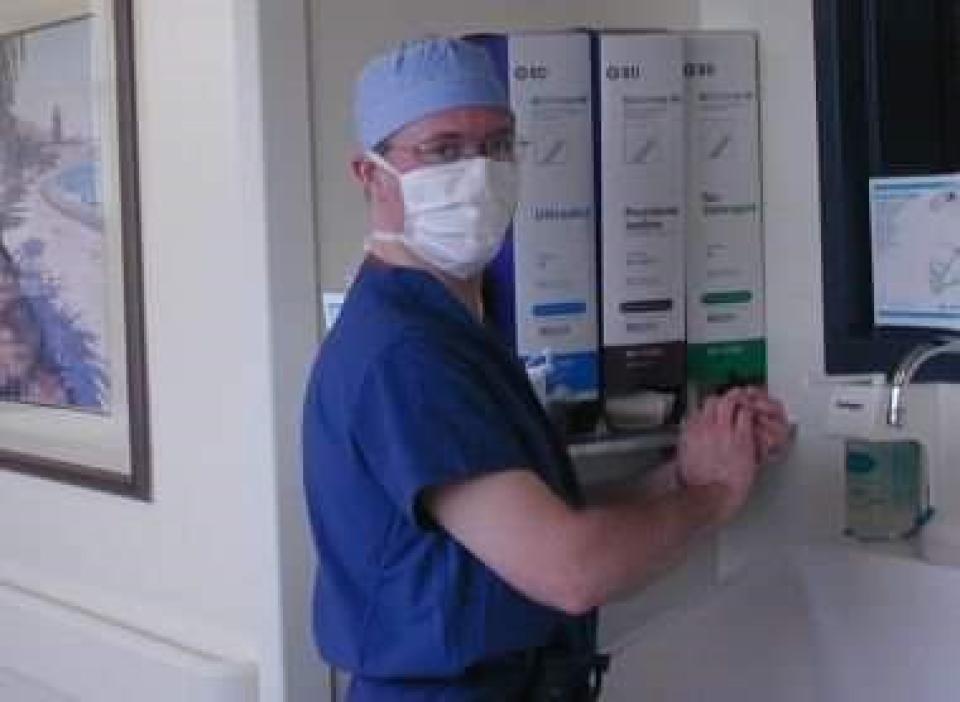
After interviewing, I was offered the job the following day. I was able to negotiate a 23% higher salary, partly because I was working on the MBA. This was a lateral move, but it positioned me well for career advancement.
It was nearly 2018, and I had just completed my first quarter of year two in the program. I found mentorship from my supervisor, the vice president/chief medical officer at our hospital. I had hoped he would stay with us at least until I finished my degree. But 10 months into my time there, he landed the CEO job at one of our sister hospitals. I was short on experience, but I decided anyway to apply for the job he was vacating.
It was a nationwide search, and eight individuals were invited to interview out of nearly 50 applicants. I was one of those eight. There were three rounds of interviews, with the pool cut in half following each round. As I passed through each successive round of interviews, I found myself conversant in many business principles that I learned from my MBA classes.
The final round was an interview with the hospital CEO, whom at the time I did not know very well. He asked me a very pointed question: “Are you a physician or an administrator?” I answered, “both.” A week later, I was offered the job.
Value of the UC Davis Sacramento Part-Time MBA
Now that I have been in the vice president/chief medical officer role for nearly two years, I can say unequivocally that despite the steep learning curve faced by a green executive like myself, I was prepared to tackle many of the challenges I initially faced, and this program gave me that necessary foundation.
Practical reinforcement is perhaps one of the biggest benefits in the part-time program. Students are able to apply to their own career what is being taught at the GSM, which in turn reinforces classroom lessons.
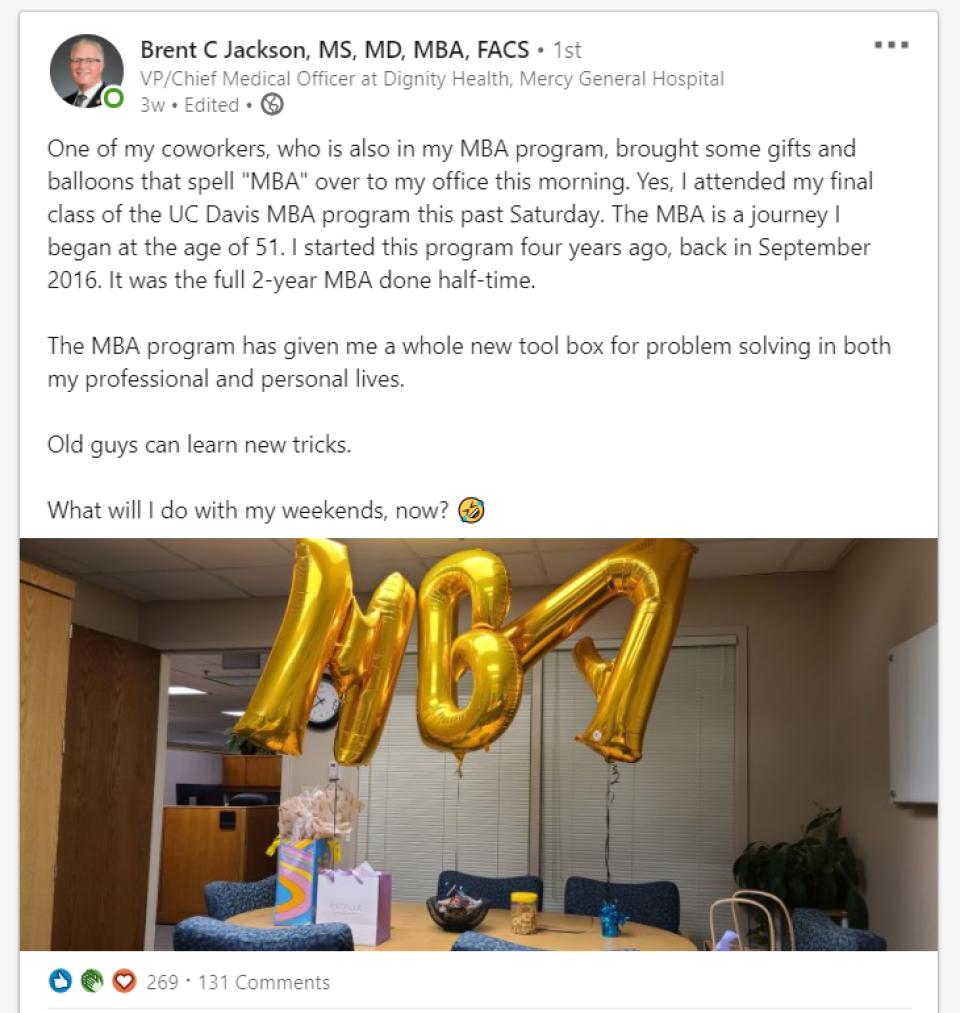
Core courses in articulation and critical thinking, organizational behavior, strategy and structure, and operations provide for a sound general business sphere of thought. Electives such as negotiation, power and influence, and leadership strengthen the development of those critical “soft-skills.”
Electives in corporate finance, decision science, and statistics hone those equally-necessary quantitative skills. Moreover, the investment analysis elective gave me the confidence to manage my own investments.
The MBA program took me four years because I had taken the summer months off each year; the UC Davis program affords students that flexibility.
I completed the program this past summer and can now reflect on my journey. Each step of the way, I embraced the unknown. I welcomed change and it paid off. I am now 55, I have my MBA, and two more local grandchildren.
Had someone told me the day I finished my surgical residency that 15 years later I would return to school for an MBA and transition to healthcare administration, I would have told that person they were nuts. Yet, that is exactly what happened and I have never been happier.
